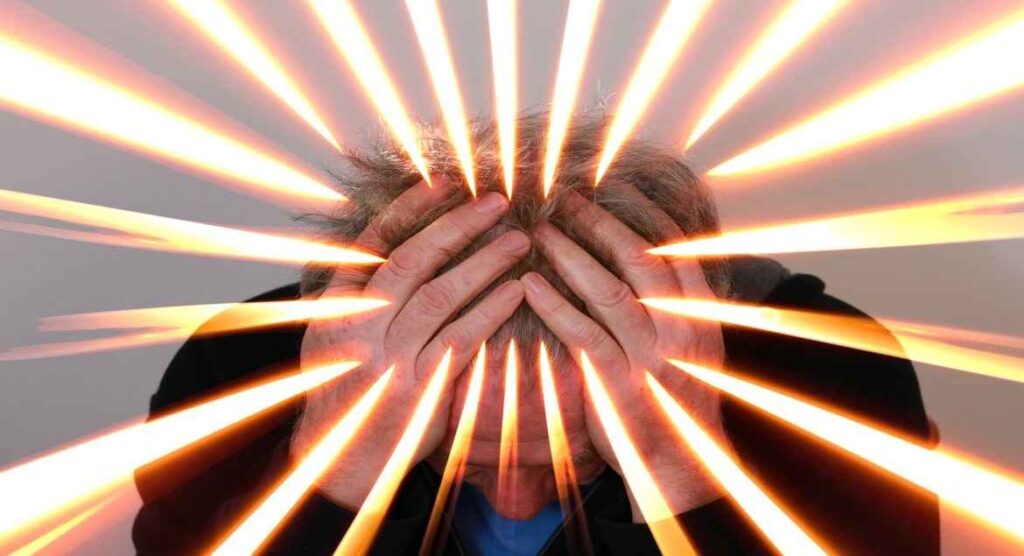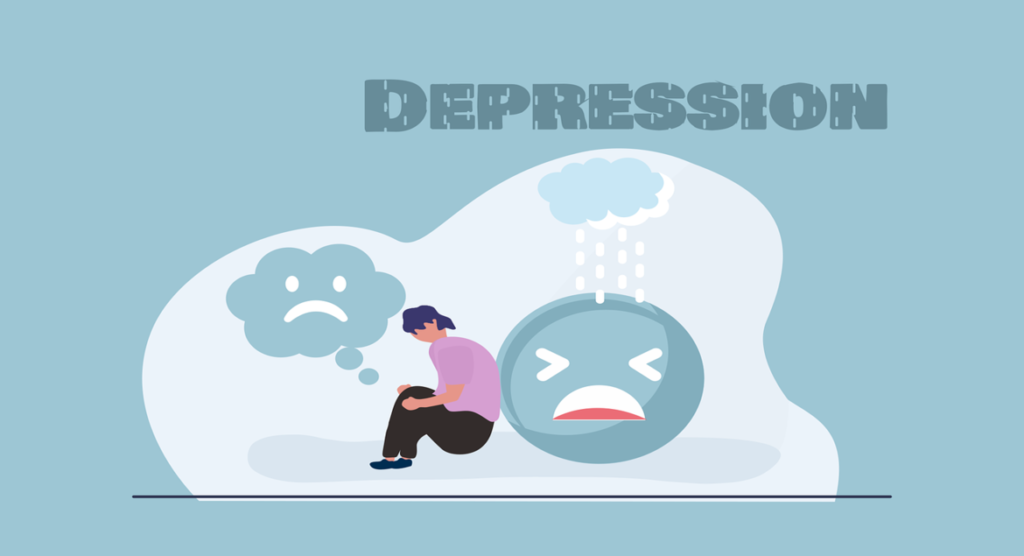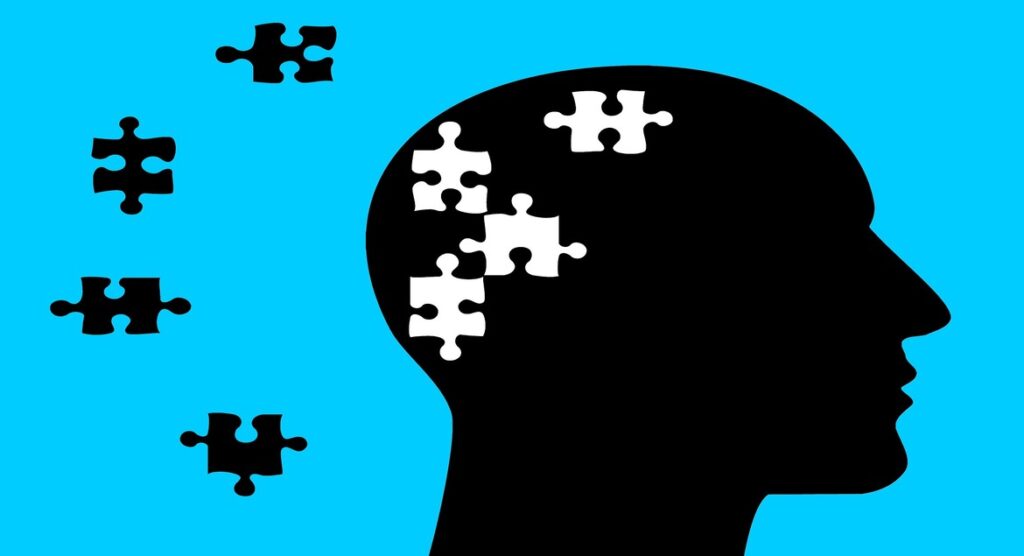The period of depression triggered by a stressful event or traumatic accident is referred to as situational depression. Many of us would have experienced situational depression at some point in our life. Situational depression is short-term and is mainly experienced when an individual encounters a series of unfortunate events in their life. As human beings, there are inevitable incidents like the death of our loved ones, car accidents, or health issues we come across. It is only ordinary to feel stressed about the same, which defines the commonality of this health condition. This short-term, stress-related type of depression that a person goes through as a response to ongoing or very recent distressful situations is considered to be situational depression.
Table of Contents
What Triggers Situational Depression?
As mentioned above, the occurrence of various stressful events can give rise to situational depression. The reasons may vary from person to person. The commonly seen causes are listed below:
- Relationship problems within the family
- Work-related problems
- Divorce
- Family issues
- Retirement
- Traumatic incidents like car accidents
- Domestic violence
- Loss of a job
- Unemployment
- Moving to a new city
- Death of your friends, family, or pets
- Chronic health issues
- Marital problems
- Concerns about ill-mannered kids
- School-related issues
- Pandemic like COVID-19
- Having a baby
What are the Symptoms of Situational Depression?
Symptoms of situational depression may vary from one person to the other. The onset of these symptoms is likely to start nearly 90 days after the stressful event takes place.
Following are the few common symptoms of situational depression:
- Faces difficulty in carrying out day-to-day activities.
- The patient showcases disinterest in normal activities they would otherwise enjoy doing.
- Self-isolation from social circle
- Suicidal thoughts and attempts
- Tends to avoid social gatherings and functions
- Faces trouble with proper sleep
- Hopelessness
- Sadness
- Disinterest in food
- The patient can be seen constantly crying
- The patient feels overwhelmed, anxious, and stressed out
- It gives no significance to important matters like going to work or paying the bills on time
- Lack of motivation
- Inability to focus
- Poor concentration
- Feelings of loneliness
- Loss of pleasure
Diagnosis of Situational Depression
If you are experiencing the above-mentioned behavioral and emotional symptoms after three months to the occurrence of a particularly stressful event, then the chances are high that it could be situational depression. But any such distressing events may make you feel down. One way to distinguish the situation is by analyzing the intensity of stress and anxiety you feel upon comparing it with the normal stress you usually experience. It could even bother your work life, school life, and other activities you engage in. Also, Read: Symptoms for Depression and Anxiety: All About
How to Handle Situational Depression?
Over time, you may feel better. But that may not be the same for everyone. For some people, the symptoms of situational depression may last for about a week. But for others, it may exceed. To manage the stress and anxiety you feel during this period, one can follow up on certain self-help strategies. The following could help a person lift their mood and combat feelings of sadness and distress.
- Spending Time in Nature: Researchers have proved that spending time out in nature can lower the stress levels in the body and make a person feel more relaxed and happy.
- Express your Feelings: When stressed out, make yourself open to someone you are comfortable talking with. Bottling up your emotions can disrupt the normal functioning of stress hormones like cortisol. This will only make you feel overwhelmed and anxious.
- Writing in a Journal: If you find it difficult to share the way you feel with someone, you can jot down your thoughts in a journal. This will help you lay down your burdens and be at ease.
- Exercise and Balanced Diet: A balanced diet and daily dose of exercise will enhance the blood flow in your body and improve the way you feel.
- Mindful Meditation: Mindful meditation is the key to inner peace, calmness, and happiness.
The self-help strategies mentioned above will give you insight into how to handle situational depression.
Treatments for Situational Depression
Now you know that situational depression can get better with time and lifestyle changes. But when to see a doctor?
In certain cases, the symptoms of situational depression may refrain the patient from carrying on the day-to-day duties and responsibilities. If such a situation arises, patients are highly recommended to consult a doctor and consider medical advice. Supportive psychotherapy, a psychotherapeutic approach that incorporates techniques of psychodynamic and cognitive-behavioral conceptual models is the most preferred treatment to cure situational depression. It not only mitigates the symptoms but also helps prevent future bouts of situational depression. Other treatment methods include the following:
- Cognitive Behavioural Therapy (CBT): CBT is an effective therapy that aims at correcting the patient’s irrational way of thinking, the pattern of negative thoughts, and misconceptions. Such thoughts can have a bad influence on a person’s mood. This treatment identifies such thoughts, challenges them, and replaces them with more objective and realistic perspectives.
- Prescription of Antidepressants like SSRI ( Selective serotonin reuptake inhibitors). Eg: Sertraline, Citalopram
Though self-help strategies may benefit you a lot, seeking advice from healthcare professionals is important if the symptoms of situational depression keep worrying you. Getting through the episodes of situational depression can be hard, but with care from your loved ones, medications, and treatment mechanisms, everything will get better.



